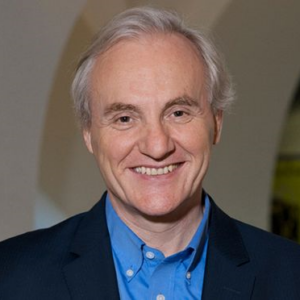Ernst Fehr is director of the UBS International Center of Economics in Society, a Professor of Microeconomics and Experimental Economics at the University of Zürich, and one of the world’s leading experimental economists. He formerly served as Director of the Institute for Empirical Research in Economics, Director of the Research Priority Program on the Foundations of Human Social Behavior, and Chairman of the Department of Economics at the University of Zürich. He has been a Global Distinguished Professor at New York University since 2011 and was an affiliated faculty member of the Department of Economics at the Massachusetts Institute of Technology from 2003 to 2011. He has also been a Research Fellow at the London School of Economics and Political Science and a professor in the Department of Economics and Economic Policy at the University of Technology in Vienna.
Dr. Fehr’s groundbreaking research on human altruism has challenged the notion that self-interest is the core motivator in economic behavior. Dr. Fehr was one of the first to provide convincing experimental evidence that economic choices could be motivated by factors beyond self-interest, pointing to altruism, fairness, reciprocity, and bounded rationality. Drawing on game theory and social psychology, Dr. Fehr’s work has revealed an “economics of reciprocity,” indicating that individuals are more likely to contribute to a common goal when others are contributing, regardless of whether the goal is most beneficial to the individual. His findings have helped explain patterns in human cooperation for which traditional economics research could not account.
Dr. Fehr’s work is motivated by the belief that understanding the interaction between altruists and selfish individuals is crucial for determining patterns of human cooperation. He has applied his research model to various aspects of economics, exploring ways altruism affects not only economic choices, but also aspects of social economics such as minimum wage laws. His most recent research has focused on the role of boundedly rational behavior in strategic interactions as well as on the neurobiological foundations of social behavior. In addition to his many path breaking articles in Nature, Science, and the American Economic Review, he is the co-editor of Neuroeconomics: Decision Making and the Brain¸ which received the PROSE Award for Excellence in Social Sciences; Moral Sentiments and Material Interests: The Foundations of Cooperation in Economic Life (2005); and Foundations of Human Sociality (2004). He has recently published a number of articles on competition and behavior approaches to the market.
He is a former president of the Economic Science Association and of the European Economic Association and an honorary member of the American Academy of Arts and Sciences. He was recipient of the Marcel Benoist Prize in 2008 and the Gottlieb Duttweiler Prize in 2013.
Induction Remarks:
The Important Role of Social Motives in the Economic Domain

